Types of Rechargeable Lithium-ion Batteries
Content: Rechargeable lithium-ion batteries can be classified by their applications.
- The first type is digital lithium-ion batteries used in everyday devices like phones, tablets, and power banks.
- The second type is power lithium-ion batteries used in electric vehicles like Tesla, BYD, drones, etc., known for high instantaneous currents. These high-rate batteries, also termed as high-rate cells, are relatively pricier than digital batteries.

This article will guide you through understanding digital lithium-ion batteries. Common parameters for a reliable portable charger include battery capacity, cell type, rated output, and input/output power.
- Battery Capacity (mAh): Indicates how many times the charger can recharge digital devices or extend usage time.
- Cell Type: Lithium-ion batteries generally come in two types - 18650 cylindrical cells and polymer cells. The former, commonly known as liquid lithium-ion batteries, is mature in technology but has limitations in lifespan and safety. The latter, polymer cells, are considered the superior solution due to versatility and higher safety standards.
- Rated Output: Defines the compatibility of a travel charger with different devices. A 5.0V/6.0V output suits various devices like MP3 players, Bluetooth headphones, phones, digital cameras, CD players, and language repeaters. An 8V-20V output, with a maximum of 2.5A, is suitable for high-voltage devices such as certain digital cameras, most camcorders, portable DVDs, and laptops.
- Input/Output Power: Calculated as current multiplied by voltage, higher power allows faster charging and discharging. However, it's crucial to balance high power with the battery's acceptance capability to maintain longevity and safety.
Choosing a portable charger solely based on capacity is immature. Not only is capacity uncertain, but it also correlates with higher safety requirements.









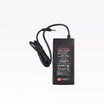









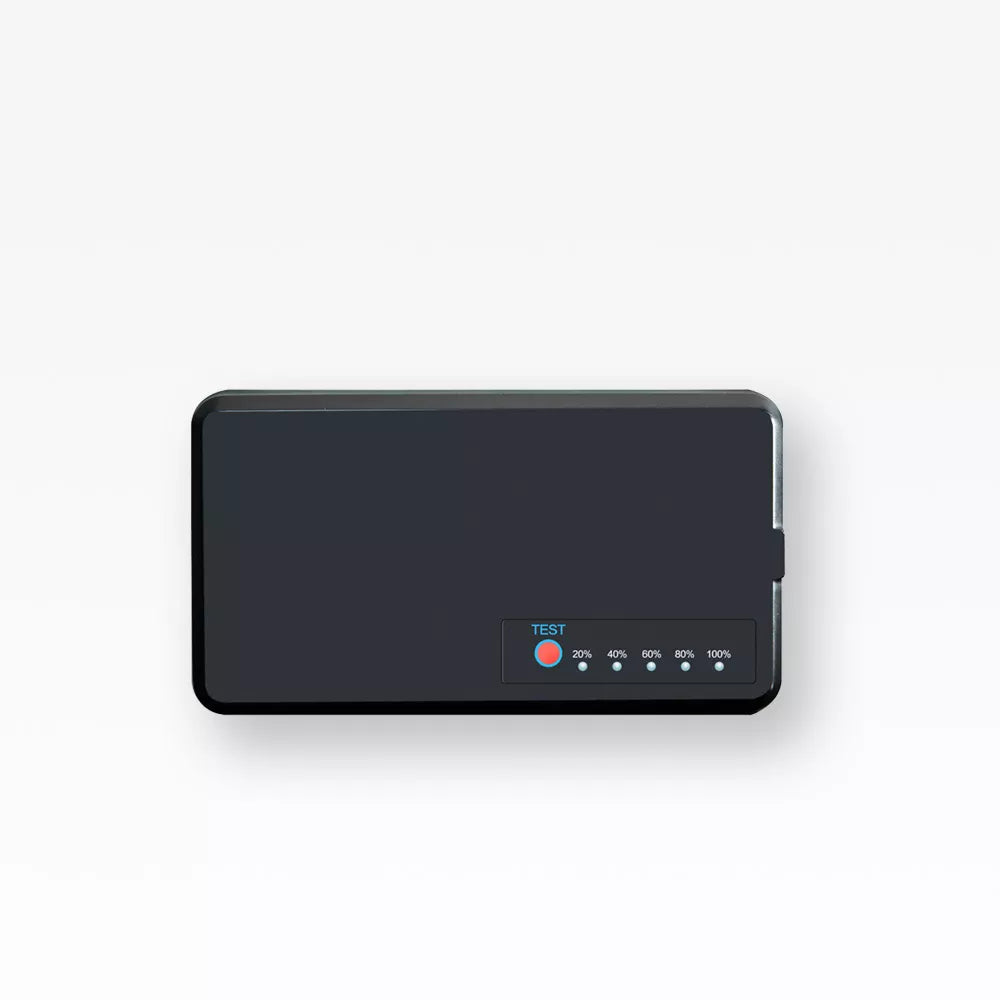
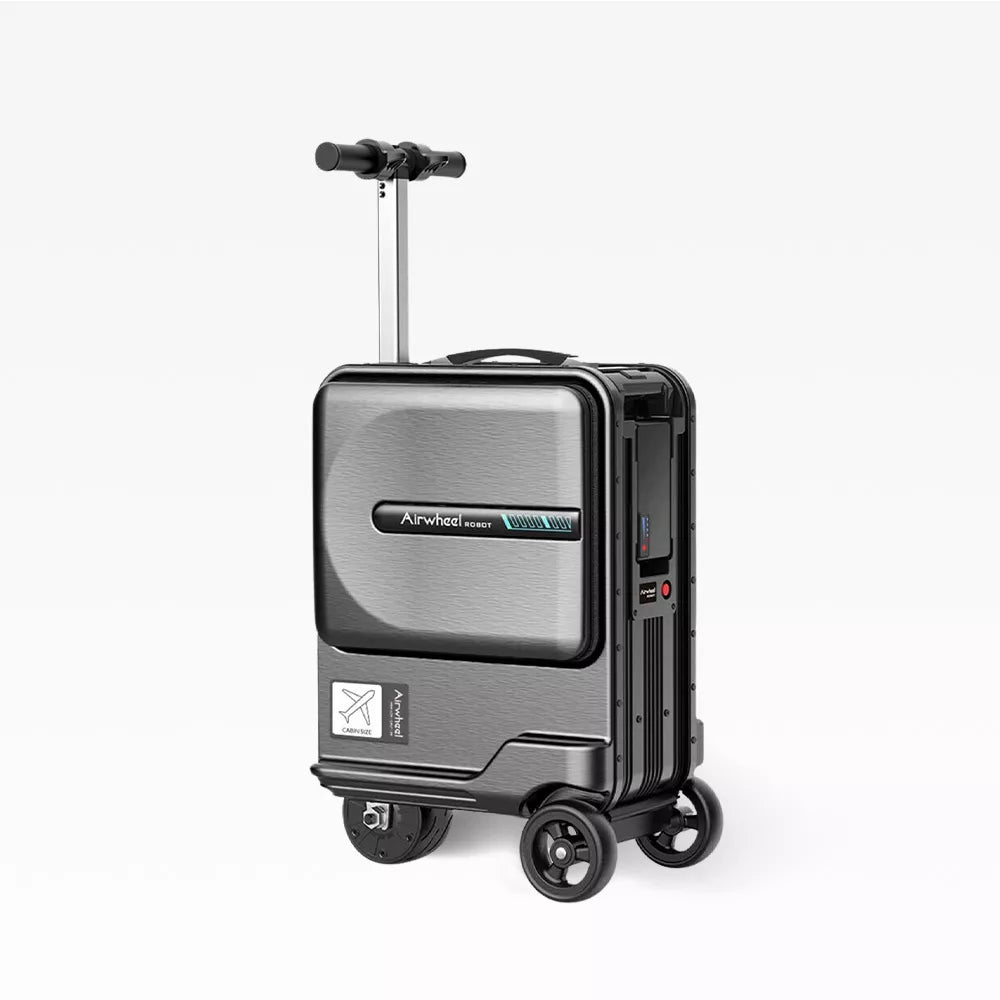
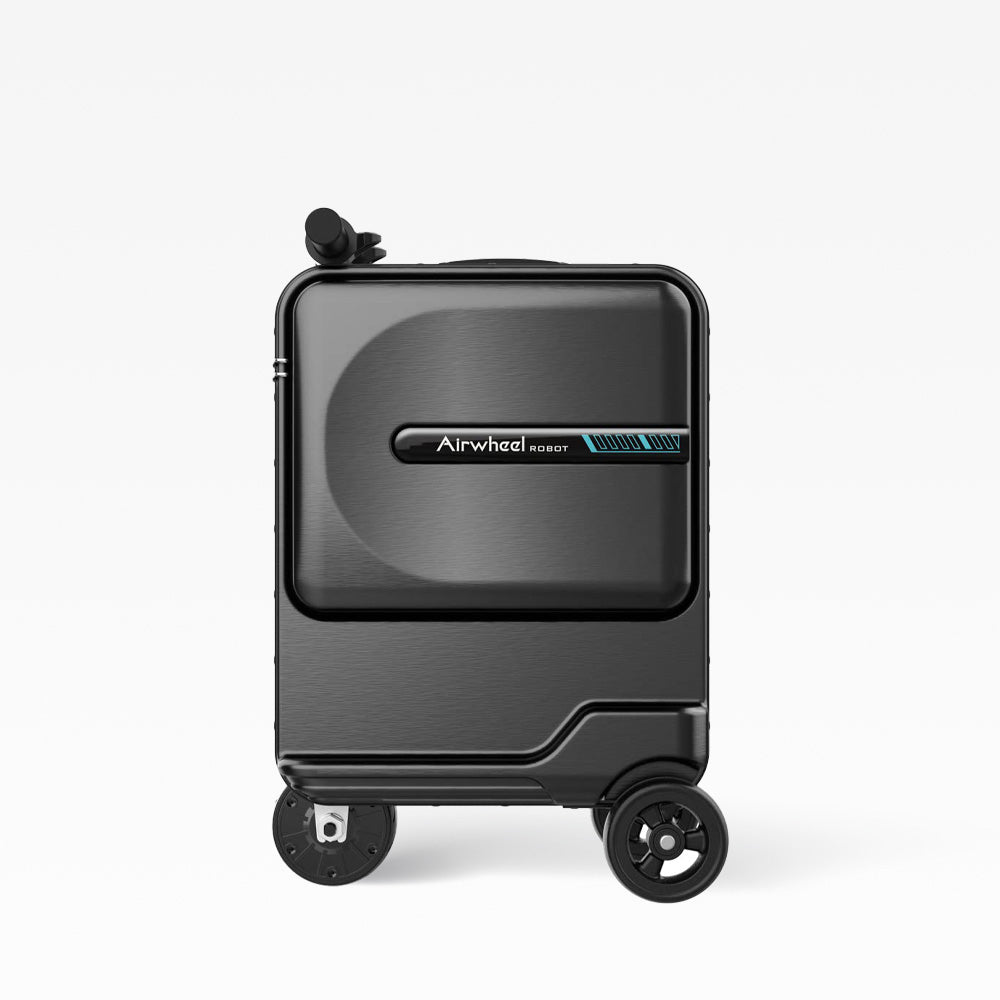




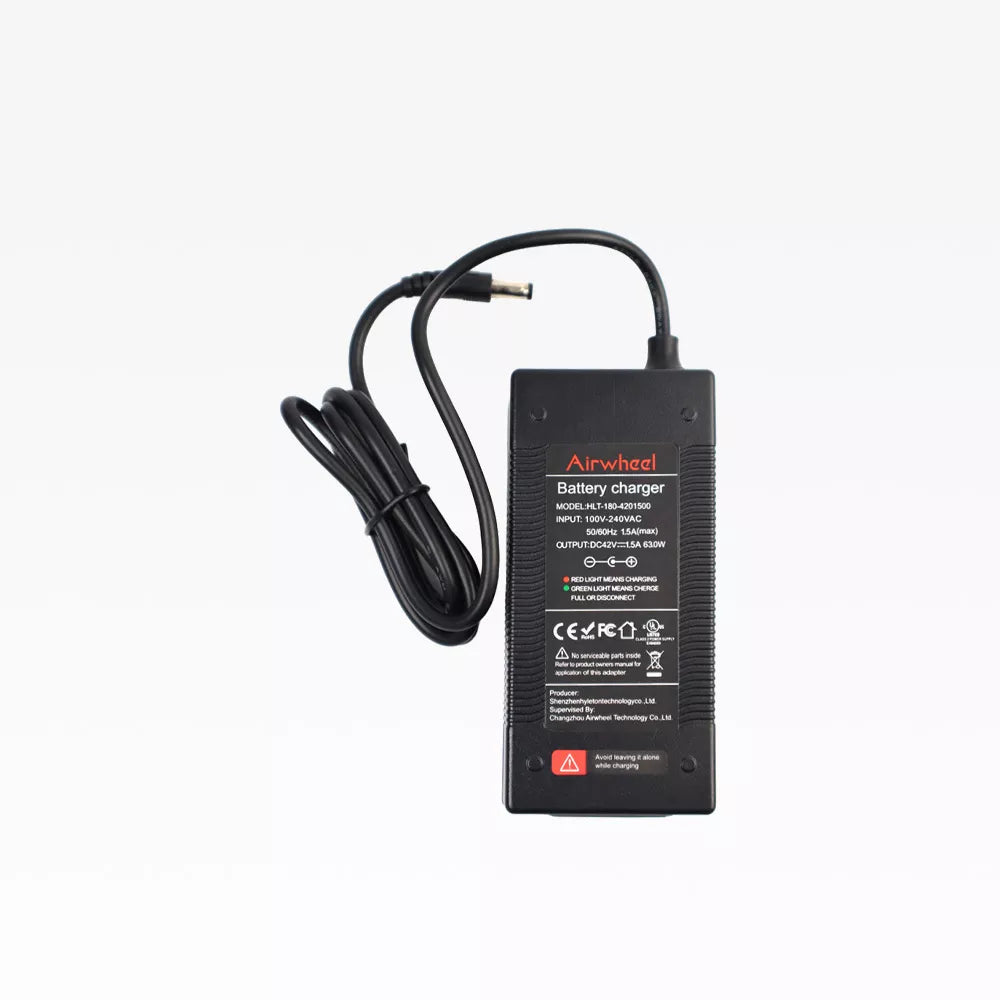
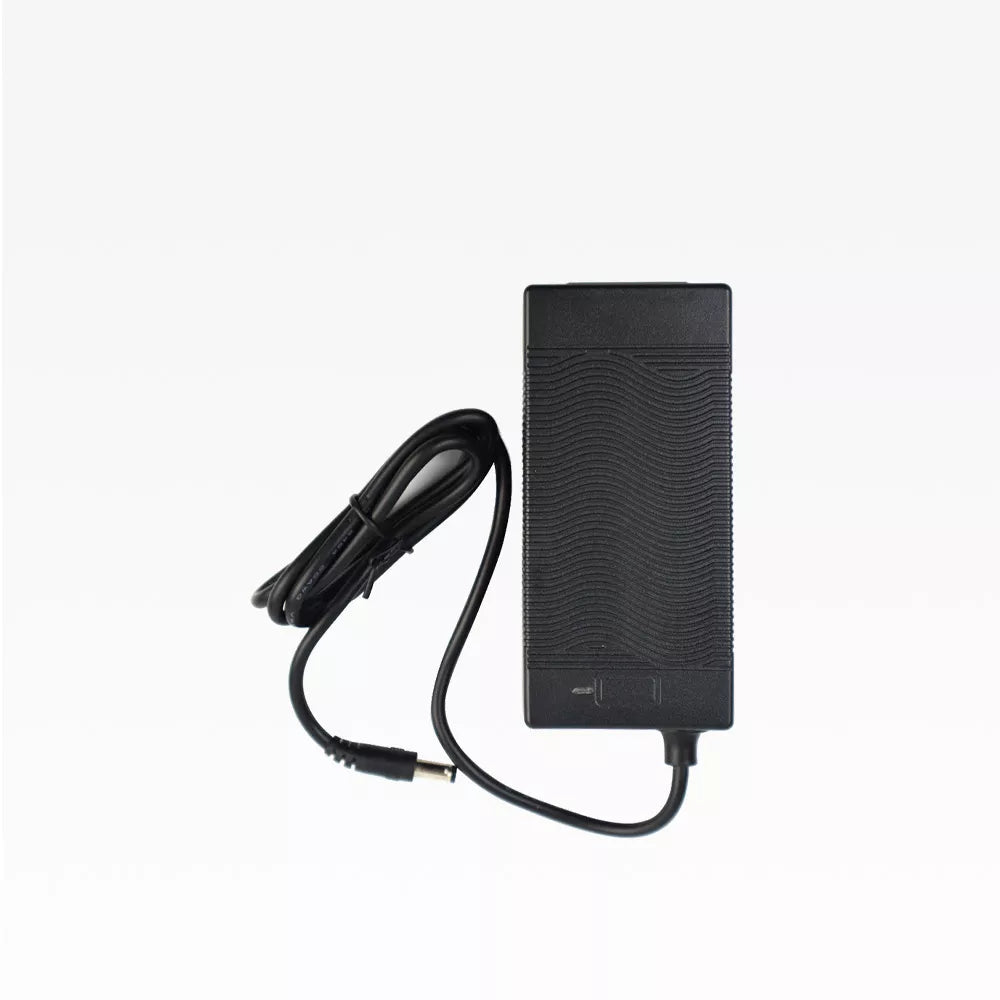










Leave a comment
Este site está protegido pela Política de privacidade da hCaptcha e da hCaptcha e aplicam-se os Termos de serviço das mesmas.